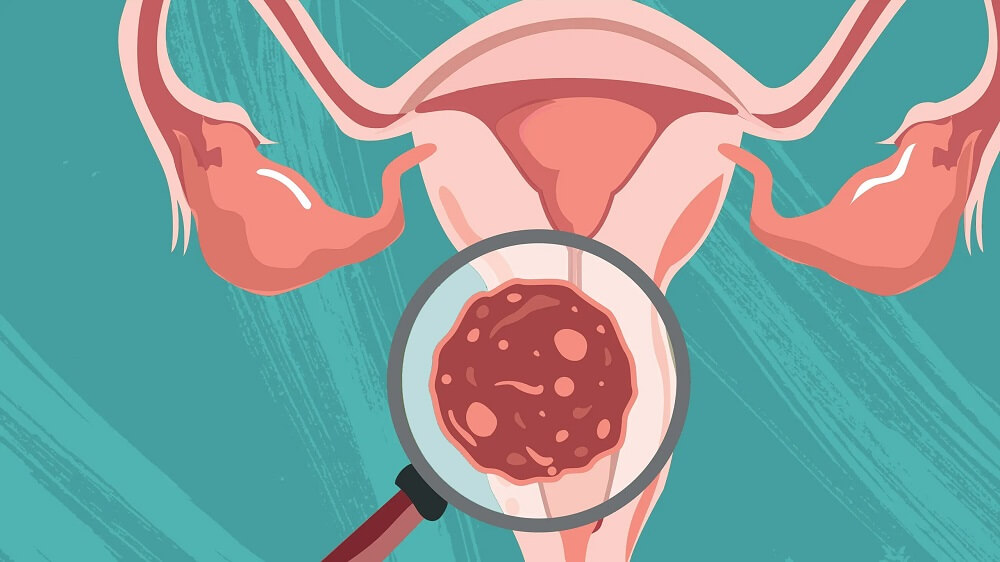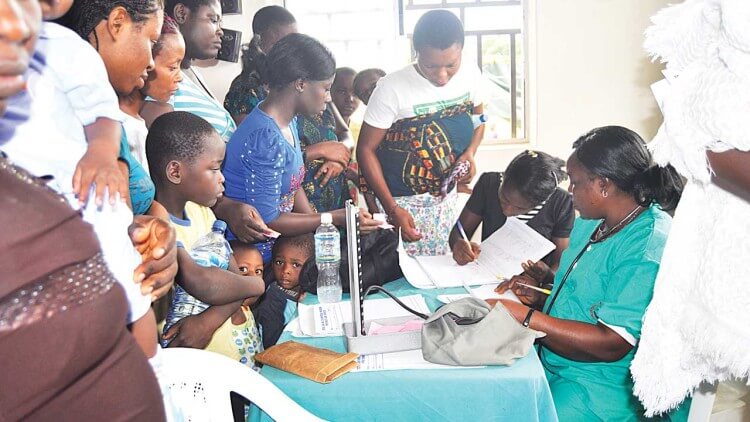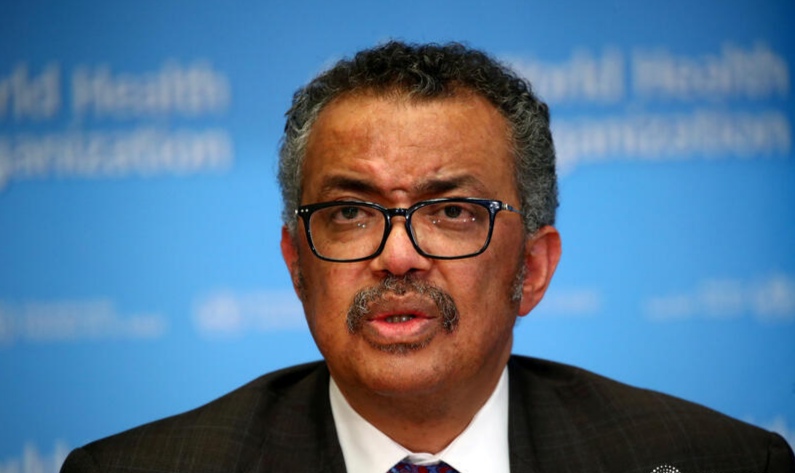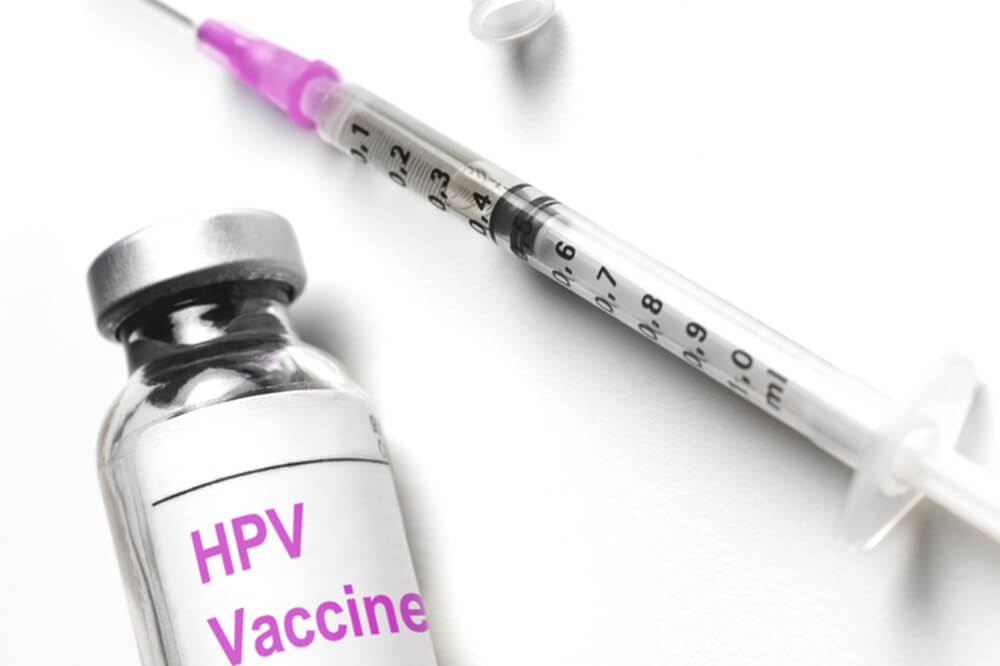One month after the launch of the human papillomavirus (HPV) vaccine, public awareness is low and threatens to jeopardize the project to vaccinate young girls against the sexually transmitted infection said to cause cervical cancer.
On October 24, 2023, the federal government launched the human papillomavirus (HPV) vaccine that prevents infection from certain types of human papillomavirus, a common sexually transmitted infection that can cause a range of conditions in men and women, such as cervical cancer.
Advertisement
The vaccination targeted over seven million girls aged 9 to 14, and it is the largest number in a single round of HPV vaccination in the African region.
The Federal Ministry of Health provides the vaccine for free through the National Primary Health Care Development Agency (NPHCDA), with support from Gavi, the Vaccine Alliance, the United Nations Children’s Fund (UNICEF), the World Health Organisation (WHO), and other partners.

One month after the launch, many of the residents interviewed by THE WHISTLER seemed not to understand what the vaccine is all about.
Advertisement
“What is it?” An Abuja-based journalist, Grace Eze, quipped when asked if she knew about the vaccine.
“Is it those free vaccines that the government is giving? She asked further. “I saw some people in my church vaccinating some children but I didn’t ask what it is about. What is it for?”
While Eze, an educated mother of two daughters who are above 9 years, was confused about the HPV vaccine, Mrs Mma Okeke, a petty trader in Kubwa Market, was completely ignorant of the issue.
“Wetin be dat,” she replied when asked about the vaccine. “You mean HIV?”
For Mrs Yemi Olorun, another trader who has a stall close to Okeke, she had heard about the vaccine but had sworn never to allow her daughters to take it.
Advertisement
“I heard about the vaccine over the radio. One of the presenters in a program I was listening to spoke about it this morning. The way he spoke about it, I don’t think it is something I would allow my daughter to take,” she said.
When the vaccine was rolled out last month by the Ministry of Health, through the platform of the National Primary Health Care Development Agency, a five-day mass vaccination campaign was taken to schools and communities in 16 states and the federal capital territory (FCT).

A parent whose daughter attends one of the unity colleges in the FCT told THE WHISTLER what happened when his daughter asked him if she could take the vaccine.
“She called me and I spoke with some health practitioners, and they told me that the vaccine was safe. I told my daughter to take the vaccine,” Aloy Mba, the parent, narrated.
“I didn’t think of that until after I went to see her (on their visiting day) and asked her if she later took the vaccine. She looked me in the face and told me that she wasn’t taking it. I was surprised and taken aback,” Mba said further.
Advertisement
He said his daughter told him that their teachers were suspicious of the authenticity of the vaccine, since the health officials had only come once in the past to vaccinate some of the girls and never came back again.
“The girls were scared to take the vaccine,” explained Mba. “She said some of the girls who took it felt tired and all. I asked her if they were okay now, and she said yes. I tried to explain to her that such things happen and that the vaccine was safe, but she wouldn’t be convinced. The fear has already been put into her,” Mba added.
He further decried the poor level of awareness and sensitization after the launch of the vaccine, adding that if people are not fully aware of the nature and use of the vaccine, they will begin to make up their own ‘crazy stories’ about it.
There have also been misconceptions about the vaccine on social media. THE WHISTLER came across one of such misleading messages that was even accompanied with a video warning parents against it.
The unsigned message has argued that the best way to protect the girl-child was “to use social and behavioural approach as in similar infections to teach young girls to respect their femininity; their bodies and those of other children, and embrace chastity as a way of life.”
However, a source who spoke with THE WHISTLER from the NPHCDA but who pleaded anonymity because he’s not authorized to speak on such matters, stated that the vaccine is safe and effective.
The source added that the agency is working with other partners to ensure that people get the right information about the vaccine and make informed decisions.
“Before rolling out the vaccines, we had a group in the technical arm of the agency who did well to ensure that the right message was passed to the public.
“We did have radio jingles telling people about the vaccination. You probably would have heard that our team went to a radio station to talk about the vaccine. My team was there to educate Nigerians and I was happy to hear people call in during the program to say that they had been better enlightened,” said our source.
“For us, the focus is to get the facts out there and allow the people to make a choice of what they want because our policy doesn’t force people to take vaccinations.
“We’re hoping that by the first quarter of next year, we would have introduced it in other states. So, what we did initially wasn’t a nationwide introduction, and for a country that is large as Nigeria, it is better to do a phase introduction so that you can learn from that and do better,” the source added.
The source further explained that between 2011 and 2022, 12 African countries introduced the vaccine to their citizens, indicating that the vaccine is safe and effective.
Our source further disclosed that Nigeria had been making effort since 2015 to get the vaccine, but could not do so due to its large population.
The source stated that the Agency is not unaware of the conspiracy that is usually circulated whenever a new vaccine is introduced, noting that it also happened during the polio and COVID-19 vaccine campaigns.
“Today, we are seeing a huge reduction in the number of crippled people. This is simply because of the impact of the polio vaccine,” the source explained.
Explaining more about the vaccine, our source stated that it works by stimulating the body’s immune system to produce antibodies against the vaccine and that when a person receives the vaccine, their immune system recognizes the viral proteins in the vaccine and produces a response that provides protection against HPV.
“Although the vaccine does not protect against all types of HPV, it protects against high-risk HPV types (16 and 18) that cause cancer and some low-risk types (6 and 11) that cause genital warts,” explained the source.
Though boys can be given the vaccine as is being done in Cameroon, according to the source, Nigeria is prioritizing the case of girls due to the high burden of cervical cancer in females in Nigeria and the shortage of the vaccines.
The World Health Organisation (WHO) states that in Nigeria, Cervical Cancer is the third most common cancer and the second most frequent cause of cancer deaths among women aged between 15 and 44, and that Nigeria recorded 12,000 new cases and 8,000 deaths from cervical cancer in 2020.

The international organization added that vaccination against HPV, and screening and treatment of pre-cancer lesions, is a cost-effective way to prevent cervical cancer.
Nigeria is targeting girls aged 9 to 14, to capture them before they get exposed to the virus as it is contracted majorly through sex.
“You hear parents say ‘My daughter is well brought up. She doesn’t need it.’ But if you are sure of your daughter, you’re not sure of your son-in-law. So, this vaccine is for you to get protected in case you get exposed.
“HPV vaccine has been in Nigeria for the past eight years. It has been available, but it has been in our private health facilities where you have to go and pay to get it,” the source said.
THE WHISTLER gathered that a single dose of the Gardasil vaccine is all that is required, and that its side effects, like those of other vaccines, are temporary common effects which include pain, redness or swelling at the injection sites, as well as fever, headache, fatigue, and muscle or joint pain.
The first phase of the vaccination involved states like Abia, Bauchi, Adamawa, Akwa Ibom, Bayelsa, Benue, Enugu, Jigawa and Taraba.
Other states include Kano, Kebbi, Lagos, Nasarawa, Ogun, Osun and the FCT.
The second phase of the vaccination introduction is set to start in May 2024 in 21 states.



